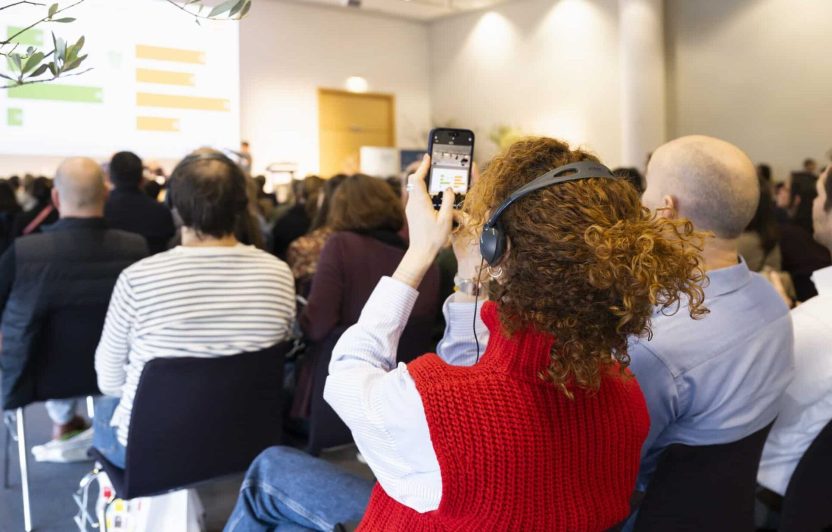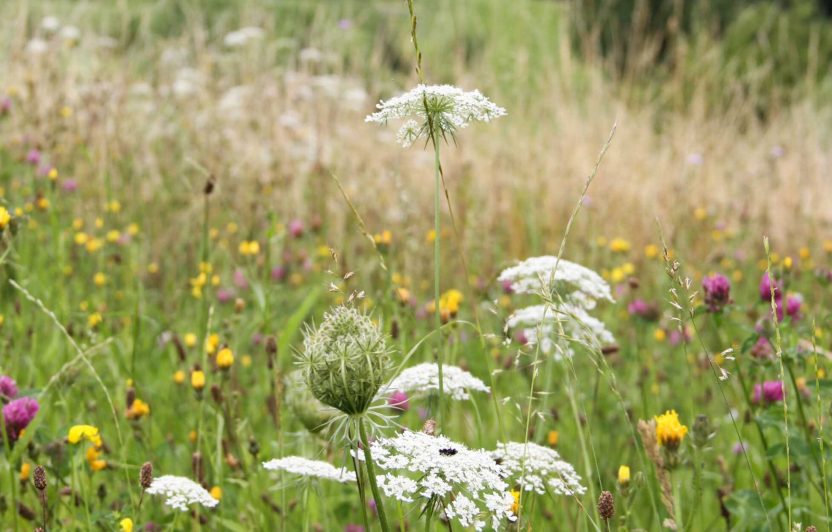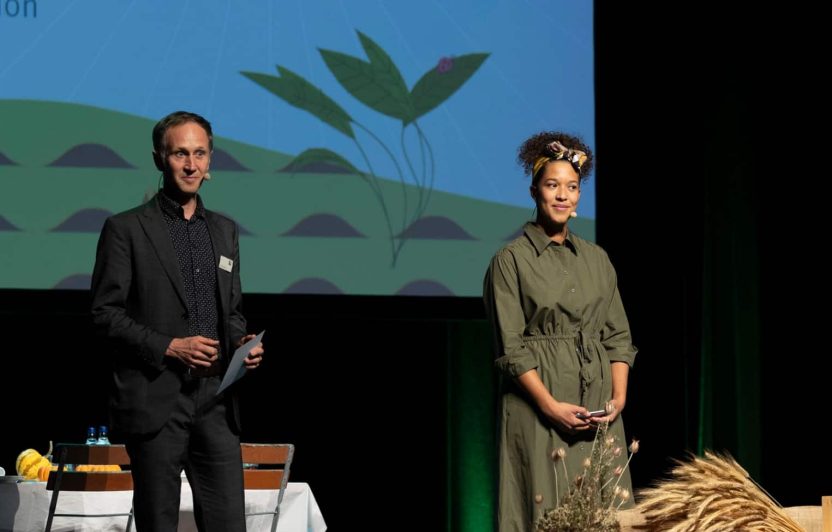Aziz Halfani is visibly proud. Members of his local community call him “Daktari wa mbu” – Swahili for mosquito doctor. This social recognition is an important motivator for him and other members of PUMMA, a not-for-profit association fighting the Anopheles malaria mosquito in the Kenyan coastal city of Malindi.
Knowledge is key
Members of the association act as mosquito scouts and also head the neighbourhood associations providing information on malaria to residents. “In many places, we first have to explain that malaria is transmitted by mosquitos and not by eating the mangoes that are mainly available during the rainy season when the mosquito population is at its height,” explains Lydia Kibe, a social scientist at KEMRI, the Kenya Medical Research Institute.
Fight against the mosquito larvae
To spread the required knowledge, Aziz and his colleagues knock on the doors of their neighbours and organise events in schools. However, the mosquito scouts are also proactive and seek to eliminate the mosquito breeding grounds, such as puddles, wells, cesspools and blocked drainage channels. They cover smaller expanses of water so that the mosquitoes are unable to breed. They also clear drainage channels to make the water flow and add small fish to larger expanses of water, which then eat the mosquito larvae. In total, they have eliminated more than 200 separate breeding sites in a single year.
Ecological mosquito control using local plants
Admittedly, these activities cannot cope adequately with larger stretches of water and so the mosquito doctors spray a biological insecticide to kill the larvae. icipe, the international research institute in Nairobi is currently working on further development of the product – made from the Neem tree that grows profusely along the Kenyan coast – with a view to obtaining market approval. This will allow the PUMMA members to produce their own bio-pesticides and also earn extra money by selling other Neem products.
As with all Biovision projects, sustainability and income generation are central elements of the malaria programme.
Significant reduction in malaria
The progress made using these measures is remarkable: The incidence of malaria in Malindi fell by 60% between 2006 and 2017 and in the villages where the methods have been adopted the drop in the number of malaria cases was double that in neighbouring locations. This means that Aziz Halfani is one step closer to his goal: a Malindi free from malaria. He plans to continue his work in order to achieve that goal.
Biovision is supporting the research institutes of KEMRI and icipe as well as the PUMMA association. It is also working with local health authorities so that they can take on the work currently done by Biovision and run the project independently. The prospects are good: Biovision has worked closely with the authorities in Malindi for many years and they are an integral part of the project.





